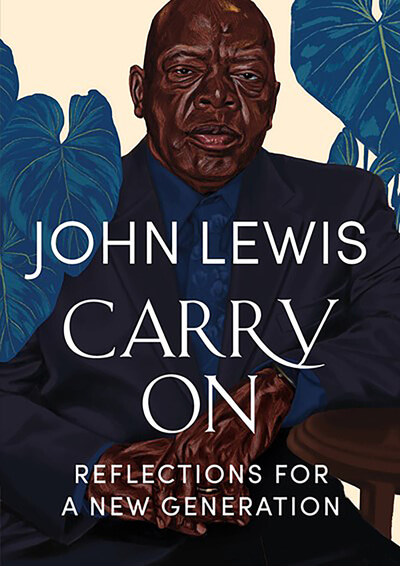From dubbing Michael Keaton an “Eyebrow Zaddy” to writing a treatise on barrister wigs “looking like a sad-ass Halloween costume and smelling like Seabiscuit’s haystack,” Phoebe Robinson is as hilarious as ever in her third book, Please Don’t Sit on My Bed in Your Outside Clothes, the first title from the comedian-podcaster-actor-host’s new Tiny Reparations Books imprint.
As in her previous memoirs-in-essay (You Can’t Touch My Hair and Everything’s Trash, but It’s Okay), not only is the bestselling author’s work super funny, it’s also enlightening and thought-provoking. Whether she’s offering advice to aspiring bosses, dismantling the “patriarchal narrative [that] every woman . . . wants the same things” (especially motherhood) or explaining why the #ITakeResponsibility initiative in the summer of 2020 enrages her (“celebrities heard but did not listen to what Black people wanted and raced to put together something so shoddy and tone-deaf”), Robinson’s voice is sure and strong.
ALSO IN BOOKPAGE: Phoebe Robinson shares what she hopes to accomplish as the publisher of Tiny Reparations Books.
Her essay “Black Girl, Will Travel” is particularly moving. She explains that, while her parents are team “#NoNewFriendsOrAcquaintancesOrWorldlyExperiences,” one of the benefits of her career is the ability to see more of the world. It can be “downright terrifying and life-threatening to travel while Black”—and the lack of movies, books, shows and ads featuring Black people abroad certainly makes it seem as if travel isn’t for Black people. But visiting unfamiliar places has changed her, and she urges readers to remember “evolving can’t always happen when we’re confined to our area code.”
In “4C Girl Living in Anything but a 4C World: The Disrespect,” Robinson describes a journey of a different kind: Her own rocky path to feeling at home in and with her hair. She examines the historical and cultural influences that have shaped Black women’s feelings about their hair and details the racism, colorism and cruelty that persists to this day. It’s a memorable, meaningful reading experience dotted with hits of poetry, anger and revelation—as is Please Don’t Sit on My Bed in Your Outside Clothes as a whole. So slip into your inside cardigan (a la Mr. Rogers) and settle in for another rollicking and resonant Robinson read.


























